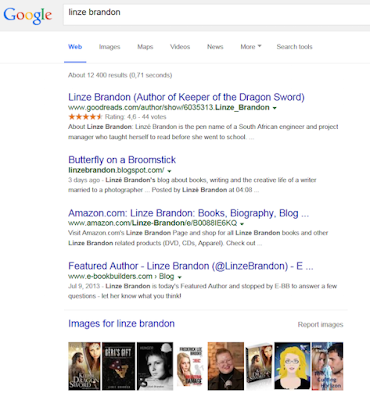"Vengeance is mine," sayeth the Lord
Revenge has to be cold and calculated and has to have the ultimate impact. The better you know the victim of your revenge, the better. What are some of the ultimate true life “pay backs”.
There’s a new phenomenon, posting photos or videos of former partners on the internet, naked or doing sexually compromising things. This seems tasteless…mind you who recalls the infamous severing of John Wayne Bobbitt’s penis by his wife Lorena…as a man this makes me squirm, even thinking about this. There are more sophisticated ways of meting out revenge, take Lady Graham-Moon, (whose name speaks volumes) her retaliation against her two-timing husband, included pouring paint over his BMW, cutting up his Savile Row suits and, perhaps the most devastating of all, giving his vintage wine collection to the neighbours.
Revenge is an instinctive part of human nature, Relationship psychologist Susan Quilliam says that if you define revenge as wanting someone to hurt as much as you do then it is indeed a natural human instinct. However not all us (maybe thankfully) have the brevity of a Mrs Bobbit, or Lady Graham Moon, we fantasize about the terrible revenge we are going to enact, but we don’t see it through. Susan Quilliam also says that this instinct for revenge is nurtured during our childhoods.
Fictional revenge, who can forget “Carrie”, by Stephen King, the revenge she takes out on her cruel despising classmates, at a school prom. “The Cask of Amontillado”, by Edgar Allan Poe, also hinges on the subject of “revenge”, the story set in Italy concerns a man who takes revenge on a friend, believing this friend has insulted him, the revenge taking the form of burying this friend alive. Revenge is steeped in The Count of Monte Christo. The thirst a person might have for revenge is a burdensome as the original act that thrusts them into revenge.
In my book of short stories, revenge often comes to the fore. In “Mutant” revenge appears twice, there is a revenge for a revenge. Firstly a Scientist takes the ultimate revenge on his cheating wife, firstly by causing a car accident, secondly to have the audacity to splice a fish tail onto her torso, then placing her in an aquarium for all his selected friends to gloat over her new appalling situation.
Her case was flooded with intrusive bright light. So the price of my infidelity is to be displayed like this, naked to the world, a freak in a lavish giant aquarium, she lamented.
However she manages to escape and enact her own brand of revenge.
With my story “Slashed” a brother has lived in the shadow of his older brother, who is a “genius painter”. The brother is also a painter, but far more mediocre…When one evening drunk, he passes his brother’s studio, the temptation is too great to gain entry and he forces his way in and causes the maximum amount of damage…absolute carnage of his brother’s masterpieces, in a frenzied blitz of art vandalism.
About the Author
What better way to put all my angst into short stories. Born in a commuter belt city called Reading, like many a middle or upper class child of such times I was shunted off to an all-male boarding school aged eight, away from my parents for up to twelve weeks at a time, until I was 17. While at my first Art college, I met a writer called Rupert Thomson, who was in the process of writing his first book “Dreams of leaving”. His personality and wit resonated, long losing contact with him. Later I lived in Austria, in 1999 I moved to Paris. During my time in Paris I met Alan Clark, who had a literary magazine called Rat Mort (dead rat). I began contributing and got hooked on writing short stories. My book Flight of Destiny is a result of this obsession. I also write poetry.
Connect with Francis online











